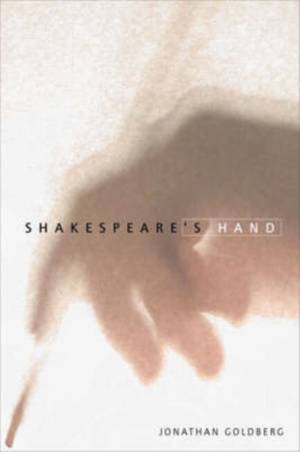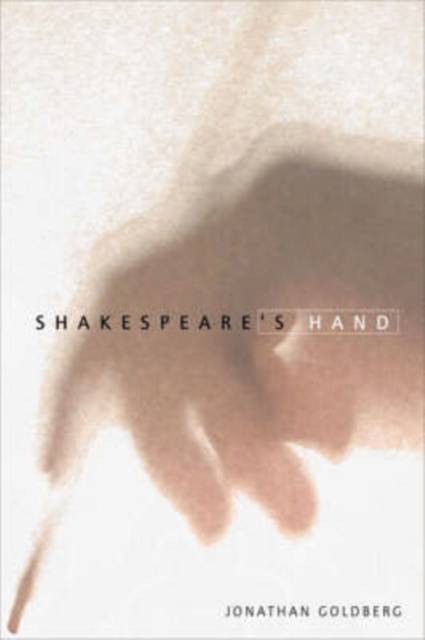
- Retrait gratuit dans votre magasin Club
- 7.000.000 titres dans notre catalogue
- Payer en toute sécurité
- Toujours un magasin près de chez vous
- Retrait gratuit dans votre magasin Club
- 7.000.000 titres dans notre catalogue
- Payer en toute sécurité
- Toujours un magasin près de chez vous
Description
A provocative exploration of the relationship between gender, history, and Shakespeare's plays.
Over the past fifteen years, Jonathan Goldberg's wide-ranging essays have been among the most sophisticated, influential, and controversial writing about Shakespeare. He challenges the critical orthodoxy, provoking scholars to reassess both their own assumptions and those underpinning the field of Shakespeare studies. Collected in one volume for the first time, these essays offer a sustained, energetic, and rigorous examination of issues of gender and sexuality that pervade Shakespeare's plays, as well as a road map of the shifts during the past two decades in our understanding of English literature's most canonical figure.
Central to these essays are concerns about textuality as considered from a number of vantage points, including deconstructionist, psychoanalytic, and historicist. Goldberg studies most of Shakespeare's plays, giving particular emphasis to Henry IV, Parts 1 and 2, and to Romeo and Juliet; he focuses throughout on the relationship between the text as material object and the reality created or reflected by that text. Among the issues he considers are the textual instability of Shakespeare's plays and the historical instabilities of gender and sexuality depicted in those plays, the construction of gender and the dehumanization implicit in treating characters as a textual production, the function of letters and other documents within the Shakespearean texts, and the correlation of sexual politics and textual desire. Tracing a path from characters in the scriptive sense to their embodiment in characters marked by gender and sexuality, Shakespeare's Hand provides a brilliant set of inquiries into the production, critical reception, and conditions of Shakespearean texts.Spécifications
Parties prenantes
- Auteur(s) :
- Editeur:
Contenu
- Nombre de pages :
- 400
- Langue:
- Anglais
Caractéristiques
- EAN:
- 9780816641499
- Date de parution :
- 11-12-02
- Format:
- Livre broché
- Format numérique:
- Trade paperback (VS)
- Dimensions :
- 152 mm x 225 mm
- Poids :
- 517 g







